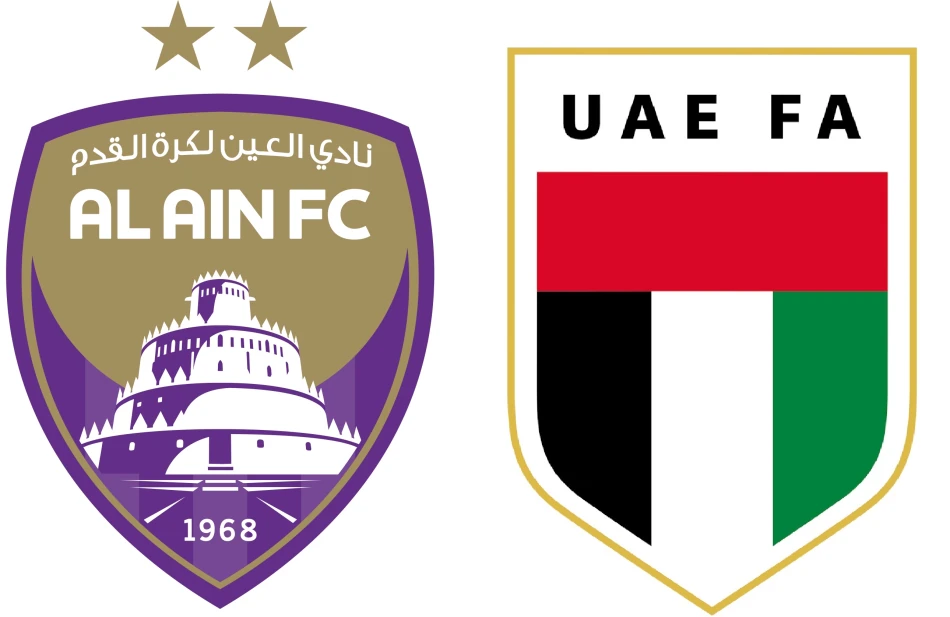
UAE Football Federation Advises Al Ain FC to Focus on On-Field Matters, Avoid Distractions
UAE Football Federation Escalates Legal Battle Against Al Ain Club Over Referee Criticism
The UAE Football Association has launched formal legal proceedings against Al Ain FC following the club's public criticism of match officials, marking a significant escalation in tensions between one of the country's most successful clubs and the governing body. The dispute highlights growing friction over refereeing standards in Emirati football and raises questions about clubs' rights to voice concerns versus federation authority.
The Spark That Ignited the Controversy
Al Ain FC triggered the federation's ire by issuing an official statement criticizing refereeing decisions during their 2-1 victory over Al Bataeh in the opening round of the 17th UAE Pro League season. Despite winning the match, the club complained about "controversial refereeing situations that nearly directly affected the match result."
The club's statement called for improved VAR technology standards and better referee selection mechanisms, while emphasizing their support for developing the UAE's refereeing system. However, the federation interpreted this as an inappropriate challenge to their authority and the integrity of Emirati officials.
Federation's Forceful Response
Legal Action and Jurisdictional Claims
The UAE Football Association's response was swift and uncompromising. In a Sunday statement, the federation announced it would pursue "firm legal action against anyone who undermines its work or the performance of its members inappropriately."
The federation emphasized that referee evaluation falls exclusively within its mandate and board of directors' authority under the organization's charter, effectively telling Al Ain to stay in their lane. This jurisdictional assertion reflects a broader trend among football governing bodies worldwide to maintain strict control over match officials and their assessment.
Counter-Accusations of Administrative Failures
In a particularly pointed rebuke, the federation highlighted Al Ain's own operational shortcomings, noting "numerous administrative errors committed by the club and its members during administrative dealings with the federation over two consecutive seasons." This counter-attack suggests the dispute extends beyond refereeing into broader governance and compliance issues.
Market and Competitive Implications
Impact on League Credibility
This public dispute between a marquee club and the federation could damage the UAE Pro League's reputation at a time when Gulf football is experiencing unprecedented growth. With neighboring Saudi Arabia's massive investments in football and Qatar's World Cup legacy, the UAE cannot afford internal conflicts that undermine league professionalism.
The timing is particularly problematic as the league seeks to attract international attention and investment. Public disputes over refereeing integrity echo similar controversies that have plagued other emerging leagues, potentially deterring sponsors and broadcast partners.
Precedent for Club-Federation Relations
The federation's hardline stance may serve as a warning to other clubs considering public criticism. However, this approach risks creating a culture where legitimate concerns about match officiating cannot be voiced through proper channels, potentially driving grievances underground or into legal forums.
Regional Context and Comparisons
This dispute mirrors tensions seen across Gulf football, where rapid commercialization often clashes with traditional governance structures. In Saudi Arabia, similar conflicts have emerged as clubs gain more commercial power and international visibility, leading to more assertive stances against league authorities.
The UAE's approach contrasts sharply with more mature leagues like England's Premier League, where clubs regularly critique refereeing decisions through media without facing immediate legal threats. The federation's response suggests a more centralized, hierarchical approach to governance that may not align with modern football's commercial realities.
The VAR Technology Angle
Al Ain's specific criticism of VAR implementation touches on a broader challenge facing football globally. The technology, while intended to improve decision accuracy, has created new controversies and inconsistencies. The club's call for better VAR standards reflects legitimate concerns shared by clubs worldwide about the technology's implementation and operator training.
The federation's defensive response to these technical criticisms suggests potential sensitivity about the UAE league's technological infrastructure compared to more advanced implementations in Europe's top leagues.
Looking Forward: Resolution or Escalation?
The federation's offer for clubs to request foreign referees for matches represents a potential compromise, though it also implicitly acknowledges concerns about local officiating standards. This solution, however, would likely prove expensive and logistically challenging for regular league matches.
The legal proceedings against Al Ain will likely set important precedents for how clubs can engage with refereeing issues in UAE football. A harsh punishment could silence legitimate criticism, while a lenient approach might encourage more public disputes. The resolution will significantly influence the league's governance culture and clubs' willingness to voice concerns about match officiating in the future.
Most Viewed News

 Sara Khaled
Sara Khaled






